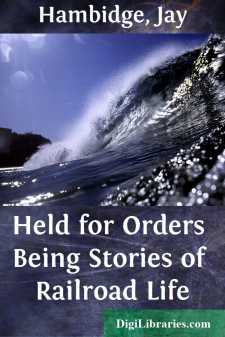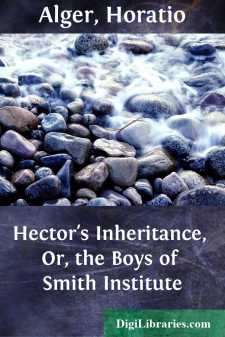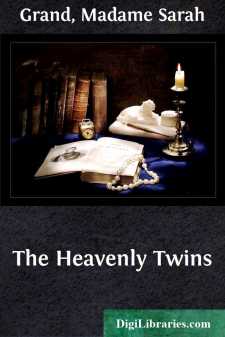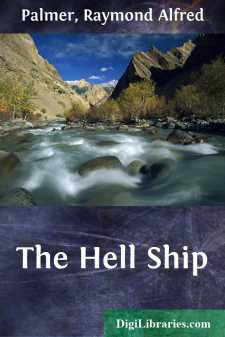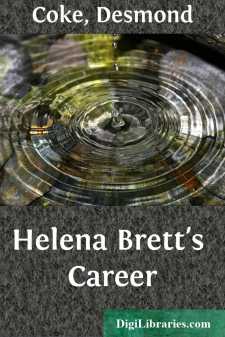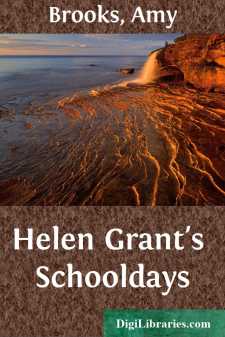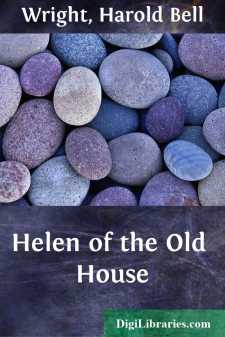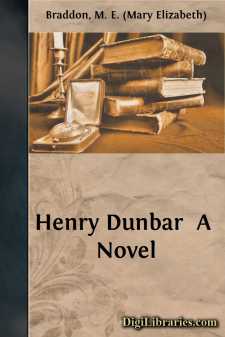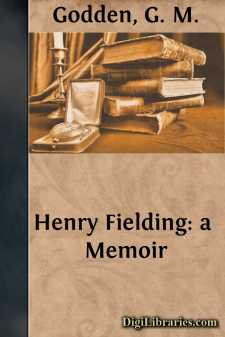Fiction
- Action & Adventure 180
- Biographical 15
- Christian 59
- Classics
- Coming of Age 5
- Contemporary Women 3
- Erotica 8
- Espionage/Intrigue 12
- Fairy Tales, Folklore & Mythology 236
- Family Life 169
- Fantasy 117
- Gay 1
- General 596
- Ghost 32
- Historical 808
- Horror 43
- Humorous 159
- Jewish 25
- Legal 4
- Medical 22
- Mystery & Detective 315
- Political 49
- Psychological 41
- Religious 64
- Romance 158
- Sagas 11
- Science Fiction 730
- Sea Stories 113
- Short Stories (single author) 537
- Sports 10
- Suspense 1
- Technological 8
- Thrillers 2
- Urban Life 31
- Visionary & Metaphysical 1
- War & Military 173
- Westerns 199
Classics Books
Sort by:
by:
Jay Hambidge
SHOCKLEY "He's rather a bad lot, I guess," wrote Bucks to Callahan, "but I am satisfied of one thingâyou can't run that yard with a Sunday-school superintendent. He won't make you any trouble unless he gets to drinking. If that happens, don't have any words with him." Bucks underscored three times. "Simply crawl into a cyclone cellar and wire me. Sending you...
more...
by:
Horatio Alger
CHAPTER I. MR. ROSCOE RECEIVES TWO LETTERS. Mr. Roscoe rang the bell, and, in answer, a servant entered the library, where he sat before a large and commodious desk. "Has the mail yet arrived?" he asked. "Yes, sir; John has just come back from the village." "Go at once and bring me the letters and papers, if there are any." John bowed and withdrew. Mr. Roscoe walked to the...
more...
PROEM. Mendelssohn's "Elijah." [Illustration: (musical notation); lyrics: He, watch-ing o-ver Is—ra—el, slumbers not, nor sleeps.] From the high Cathedral tower the solemn assurance floated forth to be a warning, or a promise, according to the mental state of those whose ears it filled; and the mind, familiar with the phrase, continued it involuntarily, carrying the running...
more...
The giant space liner swung down in a long arc, hung for an instant on columns of flame, then settled slowly into the blast-pit. But no hatch opened; no air lock swung out; no person left the ship. It lay there, its voyage over, waiting. The thing at the controls had great corded man-like arms. Its skin was black with stiff fur. It had fingers ending in heavy talons and eyes bulging from the base of a...
more...
by:
Desmond Coke
CHAPTER I ADVICE "Of course," said Kenneth Boyd, with the abrupt conviction of one whose argument is off the point at issue, "it's absolutely obvious. You ought to marry." The man who ought to marry was no more pleased to hear it than most of his kind. He scowled angrily: then smiled, as though contempt were a more fit reply. He was tall, broad, firm-looking, with smooth dark hair...
more...
by:
Amy Brooks
CHAPTER I HELEN It had been a great day for the children at Hope Center the closing day of school, the last of the term, the last of the week. The larger boys and girls had spent the morning decorating the "big" room, which was to be the assembly-room. At the Center they were still quite primitive. There were many old or rather elderly people very much opposed to "putting on airs." Boys...
more...
CHAPTER I THE HUT ON THE CLIFF No well informed resident of Millsburgh, when referring to the principal industry of his little manufacturing city, ever says "the mills"—it is always "the Mill." The reason for this common habit of mind is that one mill so overshadows all others, and so dominates the industrial and civic life of this community, that in the people's thought it...
more...
by:
Thomas Fogarty
CHAPTER I I DISCOVER THE PRINTING-OFFICE For years my sister Harriet and I confined our relationships with the neighbouring town of Hempfield to the Biblical "yea, yea" and "nay, nay," not knowing how much we missed, and used its friendly people as one might use an inanimate plough or an insensate rolling-pin, as mere implements or adjuncts in the provision of food or clothing for our...
more...
CHAPTER I. AFTER OFFICE HOURS IN THE HOUSE OF DUNBAR, DUNBAR, AND BALDERBY. The house of Dunbar, Dunbar, and Balderby, East India bankers, was one of the richest firms in the city of London--so rich that it would be quite in vain to endeavour to describe the amount of its wealth. It was something fabulous, people said. The offices were situated in a dingy and narrow thoroughfare leading out of King...
more...
by:
G. M. Godden
CHAPTER I YOUTH "I shall always be so great a pedant as to call a man of no learning a man of no education."—Amelia. Henry Fielding was born at Sharpham Park, near Glastonbury, on the 22nd of April 1707. His birth-room, a room known as the Harlequin Chamber, looked out over the roof of a building which once was the private chapel of the abbots of Glastonbury; for Sharpham Park possessed no...
more...


